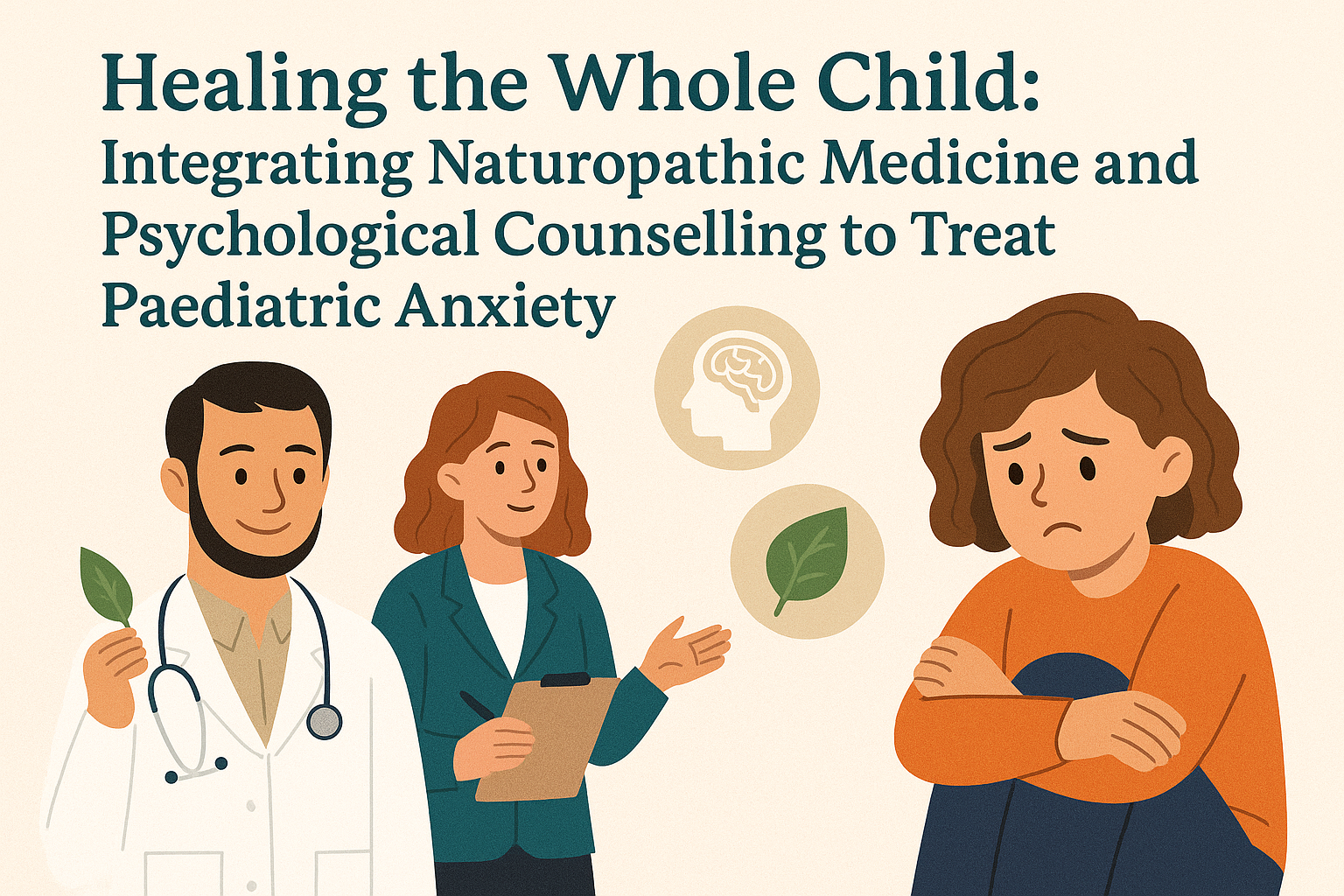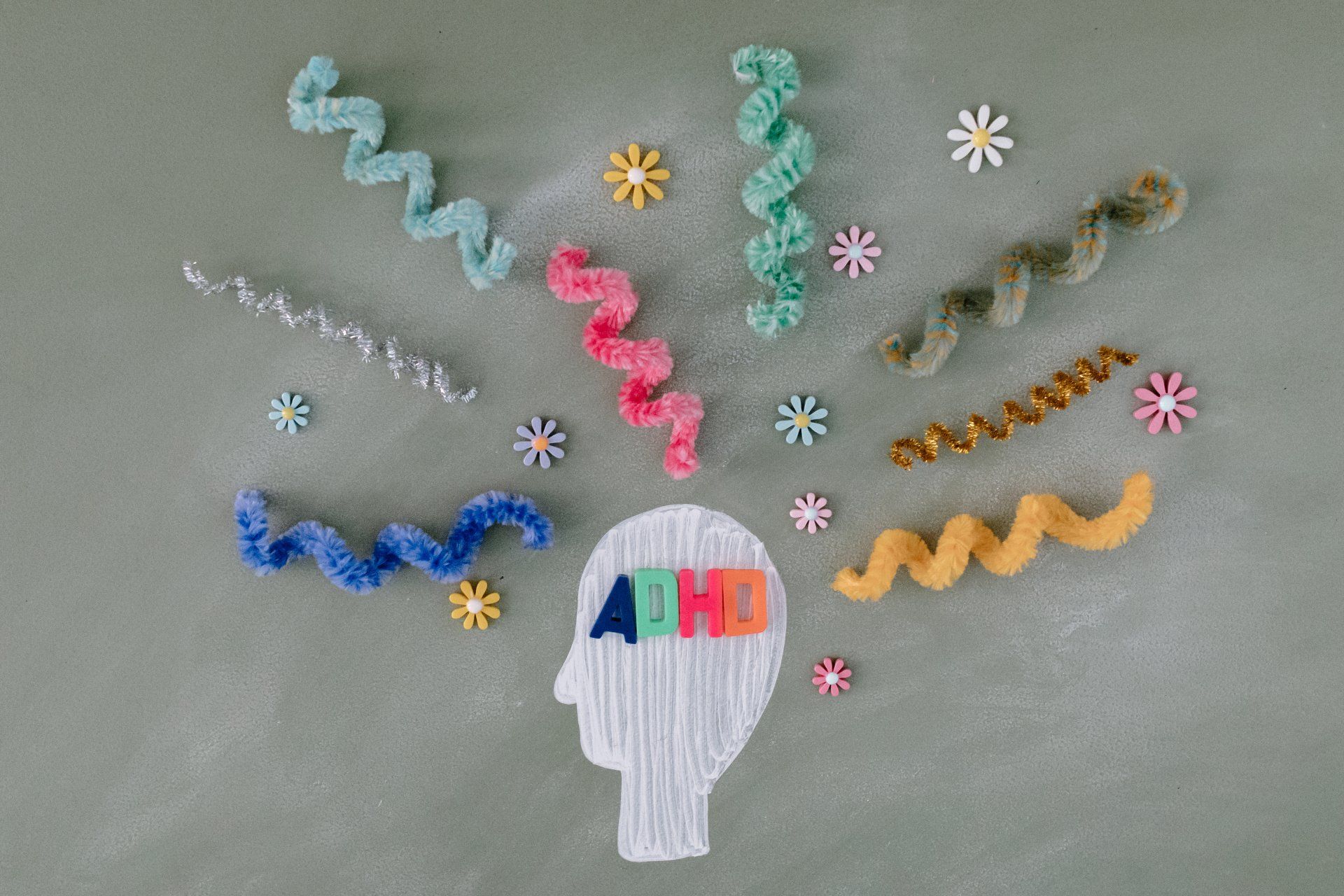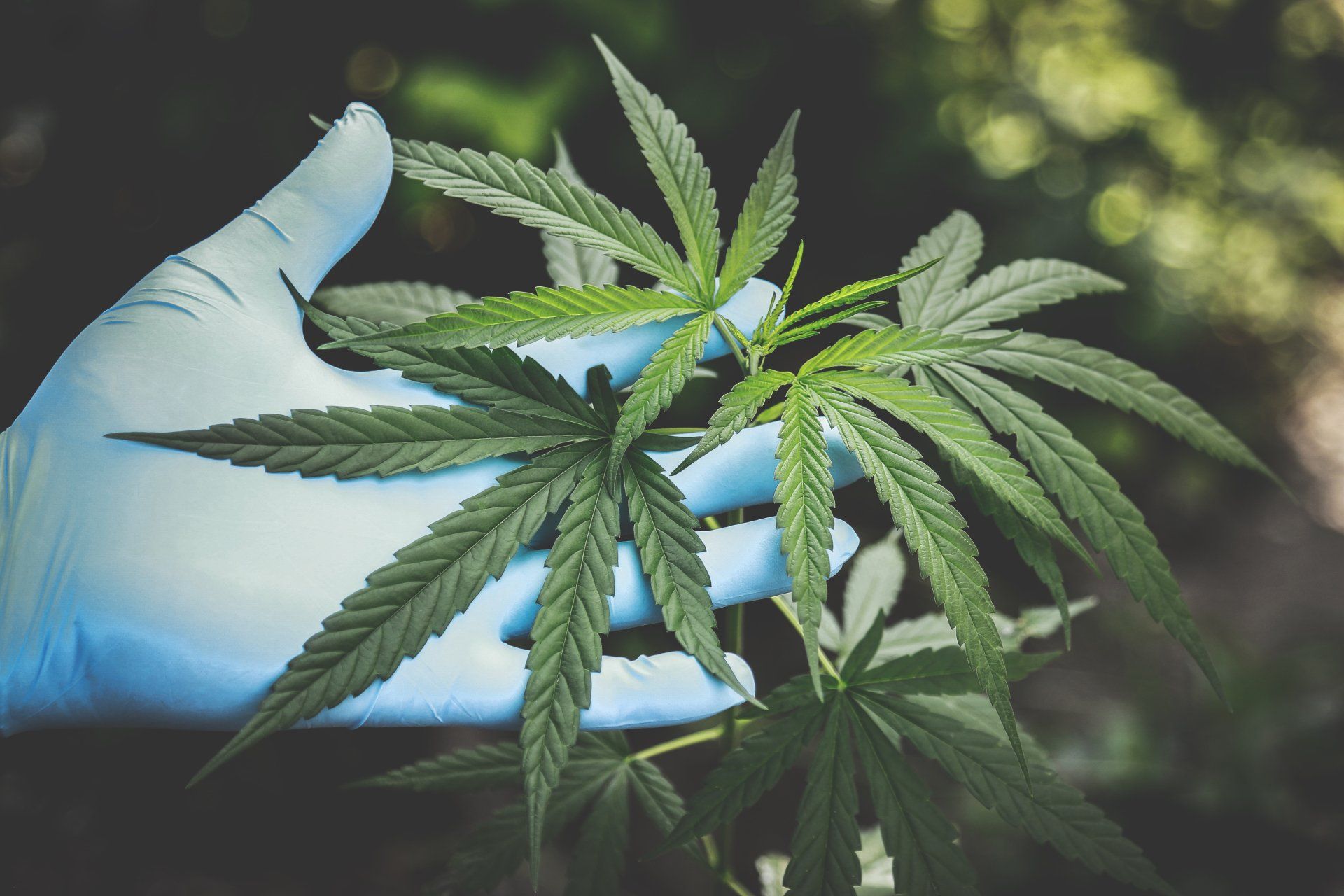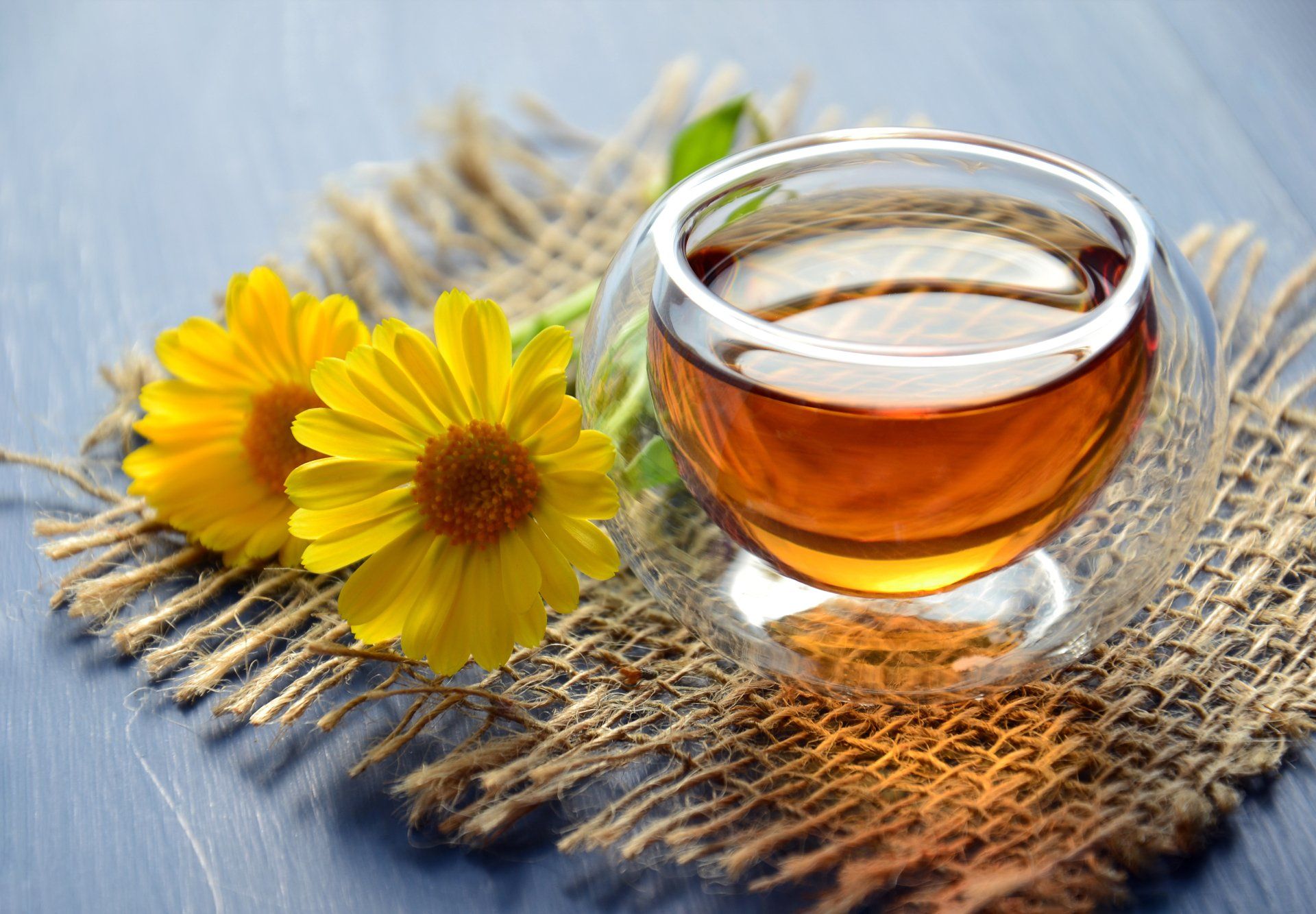Naturopathic Treatments for PANDAS: Everything You Need to Know!
Naturopathic Treatments for PANDAS: Everything You Need to Know!
PANDAS, also known as Pediatric Autoimmune Neuropsychiatric Disorders Associated with Streptococcal Infections, is a condition characterized by sudden onset of symptoms such as tics, anxiety, obsessive-compulsive behavior, and more, following a strep infection. It is an autoimmune disease that affects children and can have a significant impact on their everyday lives. While conventional medication such as antibiotics and/or psychiatric medications are the go-to treatments, more and more parents are opting for naturopathic treatments as an alternative. In this post, we’ll explore some of the best naturopathic treatments for PANDAS.
Probiotics
Probiotics are live bacteria and yeasts that provide health benefits when consumed in adequate amounts. They are often referred to as 'good' or 'friendly' bacteria because they help keep our gut healthy. Probiotics have been found to enhance innate immunity and modulate pathogen-induced inflammation via toll-like receptor-regulated signaling pathways. This suggests that probiotics could play a role in improving immune function, which is fundamental for addressing Pediatric Autoimmune Neuropsychiatric Disorders Associated with Streptococcal Infections (PANDAS).
In addition to probiotics, prebiotics and postbiotics also contribute to maintaining a healthy gut. Prebiotics are types of dietary fiber that feed the friendly bacteria in your gut, helping them produce nutrients for your colon cells and leading to a healthier digestive system. Postbiotics, on the other hand, are metabolic byproducts of probiotic bacteria, which also have health benefits.
Some studies have shown that certain strains of probiotics, such as Lactobacillus paracasei , can reduce the duration of common infections, further supporting their role in enhancing immune health. This could be beneficial for children with PANDAS, as reducing the duration of infections could potentially decrease the risk of symptom flare-ups.
Probiotic supplements can be incorporated into daily meals, but it's essential to consult with healthcare providers like pediatricians or naturopathic doctors to determine the correct dosage. The effectiveness of probiotics varies depending on the strain and dosage, and some people may experience adverse effects. Therefore, professional guidance is necessary when considering probiotics for children with PANDAS.
For more on pediatric probiotics click here
Vitamin D
Vitamin D, often referred to as the "sunshine vitamin," is essential for bone health and plays a critical role in immune regulation. Research has shown that adequate levels of Vitamin D can have beneficial effects on certain autoimmune disorders.
Vitamin D's role in modulating immune function has significant implications for health maintenance and disease occurrence, particularly in the context of autoimmune diseases. It appears to have a protective effect against the development of autoimmune diseases, with studies showing that vitamin D supplementation reduced the risk of such diseases by 22%.
The recommended daily intake of vitamin D varies depending on age, lifestyle, and individual health. For children over the age of six, experts typically recommend at least 1000 IU of vitamin D per day. However, it's essential to consult with healthcare providers like pediatricians or naturopathic doctors to determine the correct dosage based on the child's health and specific needs.
Click here for top 10 benefits of vitamin D
Acupuncture
Acupuncture, a key component of traditional Chinese medicine, is beneficial in managing various symptoms associated with (PANDAS). Symptoms such as anxiety, tics, Obsessive-Compulsive Disorder (OCD) symptoms, and insomnia can all be potentially alleviated through acupuncture treatment.
Acupuncture operates on the premise of stimulating certain points on the body, often with a needle penetrating the skin, to alleviate pain or help treat various health conditions. The technique is believed to promote circulation, improve neurological functioning, and foster a sense of well-being.
In terms of its effect on the nervous system, acupuncture is thought to calm overactivity and enhance underactivity, facilitating a balanced state. This can help manage anxiety and OCD symptoms, which are common in children with PANDAS.
Moreover, several studies suggest that acupuncture can reduce inflammation. It's been proposed that acupuncture achieves this by promoting the release of vascular and immunomodulatory factors. Given that PANDAS is an autoimmune disorder characterized by inflammation, acupuncture's potential anti-inflammatory effects could be beneficial in managing this condition.
Balancing the immune system is another proposed benefit of acupuncture, although the mechanisms remain not fully understood. Some research suggests that acupuncture can regulate immune function, which could be beneficial for conditions like PANDAS that involve immune dysregulation.
While acupuncture is gaining acceptance within conventional medical practices nationwide, it's essential to consult with a licensed acupuncturist or healthcare provider before starting treatment. This ensures that the procedure is carried out safely and effectively.
Herbal Medicine
Herbs have been used for centuries in traditional medicine to treat a wide range of ailments. Some herbs, like turmeric, feverfew, St. John's wort, and valerian root, are known for their anti-inflammatory properties, which could potentially help manage (PANDAS).
Turmeric, for instance, contains an active ingredient called curcumin, which has been extensively studied for its potent anti-inflammatory effects. Curcumin is believed to inhibit the production of pro-inflammatory substances, which could potentially help reduce inflammation associated with PANDAS.
Feverfew (Tanacetum parthenium) is another herb known for its anti-inflammatory properties. It's traditionally used to reduce fever and relieve headaches, but research suggests it may also help decrease inflammation and improve immune function.
St. John's wort (Hypericum perforatum) is primarily known for its potential benefits in managing depression and anxiety. As anxiety is a common symptom in children with PANDAS, this herb could potentially provide some relief.
Valerian root is often used in herbal medicine to treat insomnia and anxiety. Given that sleep disturbances are common in PANDAS, valerian root could potentially help improve sleep quality.
However, while these herbs can be beneficial, they should be used with caution. It's essential to consult with a licensed naturopathic doctor before incorporating any herbs into a child's regimen. The doctor can provide guidance on appropriate dosages based on the child's age, weight, and overall health status.
Homeopathy
Homeopathic remedies can help improve PANDAS symptoms with minimal side effects. Homeopathy is an alternative form of medicine that stimulates the body's natural healing capacity using small amounts of natural substances. Homeopathy's beauty is that it is incredibly individualized, and the best remedy for one child might not be the best for another child. Consulting with a licensed naturopathic doctor or homeopathic practitioner is recommended to get an accurate diagnosis.
Conclusion
Parents who have children with PANDAS often search for alternative treatments that provide relief from the symptoms without the need for heavy medications or their side effects. Naturopathic treatments provide a safe and effective alternative to treating PANDAS. Incorporating some of the treatments outlined above can help reduce inflammation and other PANDAS symptoms while simultaneously boosting the immune system and overall health. If you suspect your child has PANDAS, be sure to consult with a licensed naturopathic doctor for the best treatment option.









